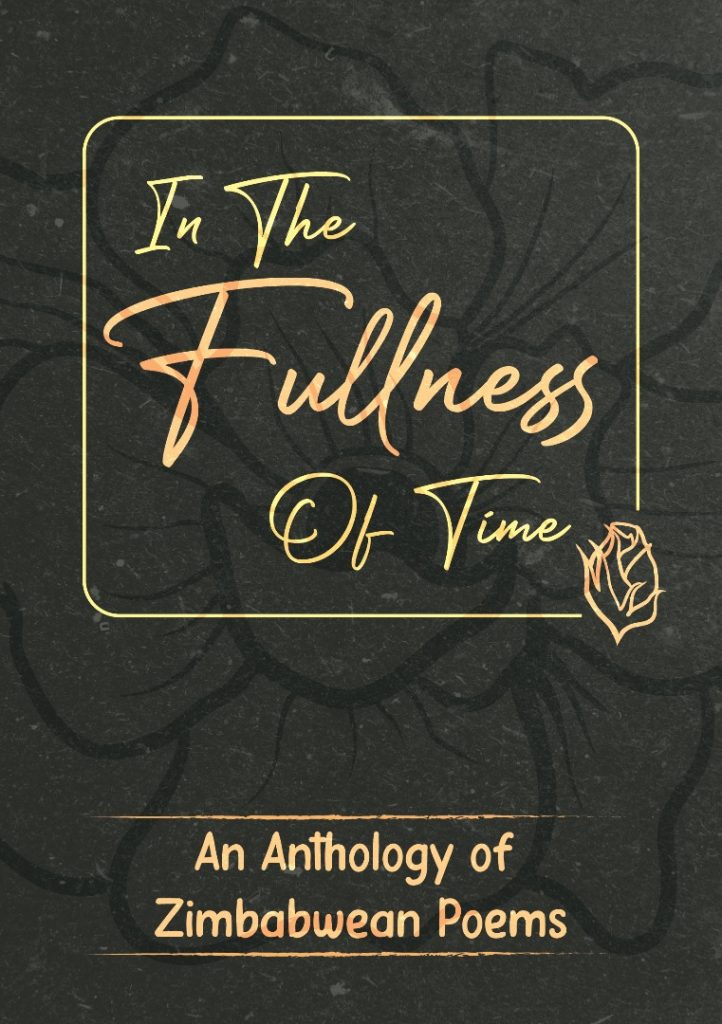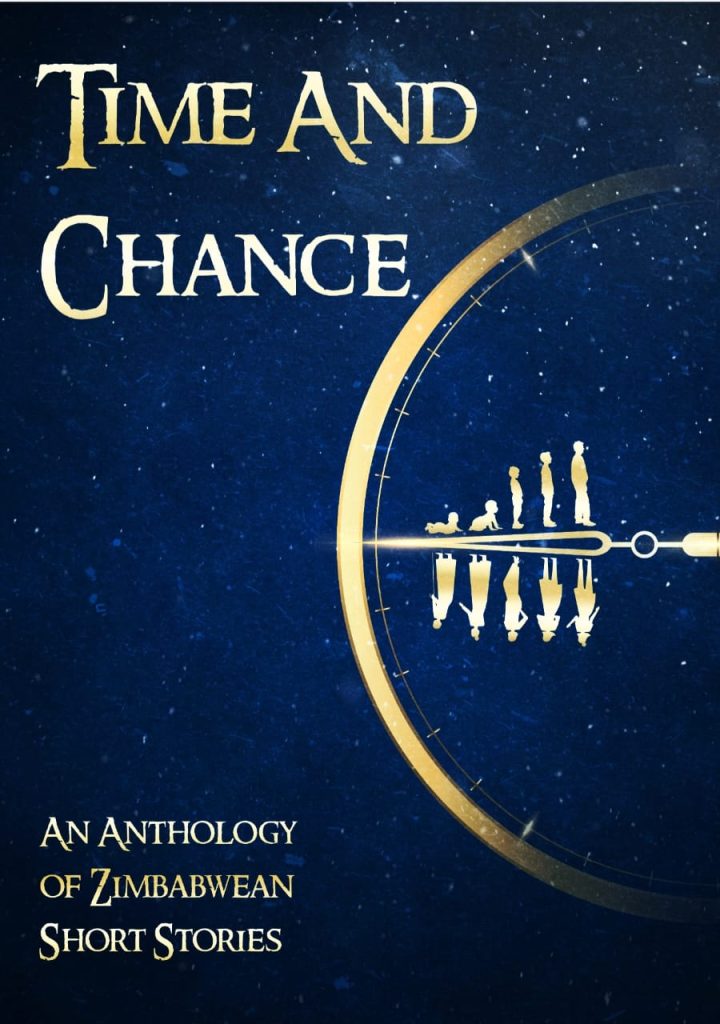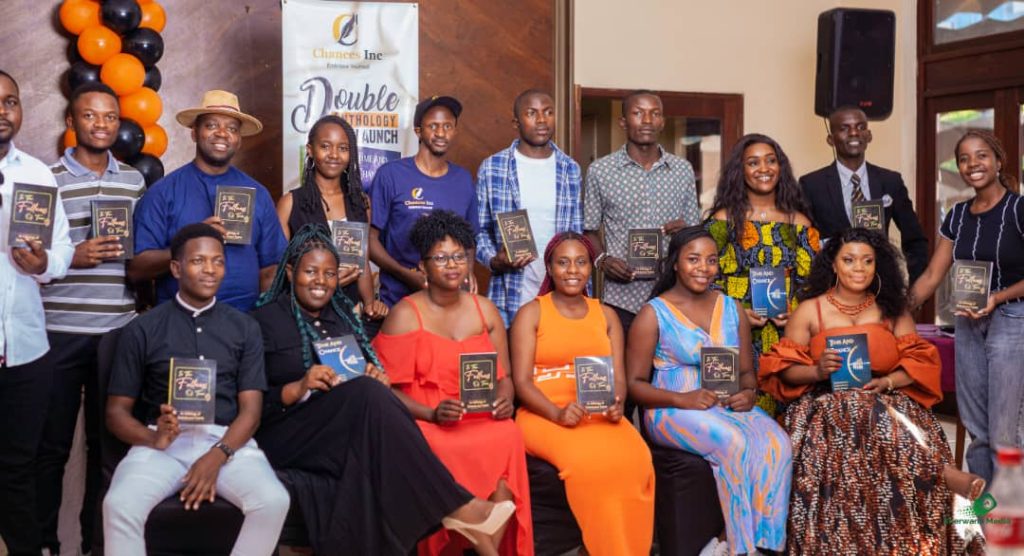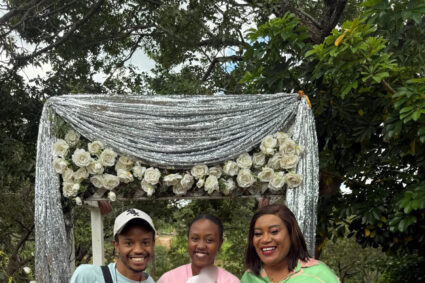
The book industry in Zimbabwe continues its indefatigable journey through a thicket of challenges ranging from viability issues on the publisher’s side to a dwindling reading culture at the end of the production chain.
Recently, news of the shutting down of one of Zimbabwe’s prominent publishing houses, Weaver Press, was announced much to the sadness of many in the book fraternity. The stable joins many other traditional publishing houses that have gone down under or refocused their operations to only publishing scholastic content, which is on demand.
Such an unfortunate trend would spell doom and gloom for the lover of fiction literature, but thanks to the undefeated efforts of a new crop of publishers rising to fill up the gap created in the market, fiction will still be available on our shelves for the foreseeable future, at least.
Audrey Chirenje is one of this newly emerged crop of publishers who have stepped into the game armed with a different attitude and a set of entirely different rules.
Herself a writer, Chirenje debuted in 2019 with the book; “Life Will Humble You”. She soon followed up with more titles, including two children literature books: “Vana Mhofu, the Mhofus & Mpofu” and “Day In The Park”. She has also published her own anthology of poetry; ” This Version of Love”.
Chirenje, who identifies herself as a “Christian fiction author”, also runs a publishing house, Chances Inc. Recently, the stable held a double book launch of two anthology projects which Chirenje herself compiled and edited. Her love for books has also earned her a co-hosting slot on ZTN Prime (a local TV channel on DSTV) where she review books every Tuesday.
Apart from these demanding responsibilities of writing and running a publishing stable, Chirenje is a mother of three daughters and has a full-time job in the retail sector as a procurement professional.
To know more about how this remarkable woman writer manages all this without a magic wand in her bag, and also to understand the new set of rules she has brought to the game of publishing, read through this exclusive conservation she had with My Afrika Magazine’s Elias Muonde. *ELIAS MUONDE (EM); *AUDREY CHIRENJE (AC)
EM: Hello Audrey, I’m excited to be having a conversation with you today. You are one of the few local women writers who are consistent in their efforts to keep the book industry alive. Before we get into it, let’s start by defining some terms; what is Christian fiction? You identify yourself with that tag.
AC: Thank you so much for the opportunity, I am grateful. Christian fiction for me is not Bible bashing people with scriptures and verses and a long list of things to do but writing about the realities of life, pain, heartbreak, loss, grief, backsliding, society injustices, trauma, a lot of drama and even dark issues. However, the characters always know or realize that God remains in control, and he always has a plan. His thoughts, his ways and his time is how he operates. So anyone can read my stories and resonate as there are real day to day issues that people go through. I am a Christian, so this is a default setting.
EM: I understand you also run a publishing stable, Chances Inc. How are you managing to stay alive and viable at a time when well established publishing houses are folding, case in point; Weaver Press?
AC: I do run a publishing and marketing consultancy company called Chances & Inspiration Incorporated t/a Chances Inc. We offer the self-publishing option where authors pay for the services upfront. Traditional publishing services where the author is paid by the publishing house like what Weaver Press was doing, I would like to believe has so many challenges. There are overheads, unmet expectations and a volatile environment which have a negative effect on the model. It’s a difficult industry whether local or international however, for me it’s mostly the passion that drives me and the desire to change the narrative for our literary space.
EM: What are the typical themes and messages you pursue in your writing?
AC: I am a tad controversial and I question society on some of its practices and things they deem normal. Who benefits from all this? The double standards we have as a people, we need to call out on them. Also why do people like playing God when he is God all by himself. Why do people like labeling people, it limits them. Other themes range from support structures like family and church, divorce, and its effect on stakeholders especially the children. Grief, trauma, totems, tradition practices etc.
EM: AI technology poses as a great disruptor within the book industry. Do you feel, 10 years from now, the pen will still be mightier than the sword of artificial intelligence so to speak?
AC: Technology is meant to be embraced and the result will be great. So, both will remain relevant.
EM: How do you market your books?
AC: I market my books via social media. I also advertise in some magazines; I haven’t done the major press houses because of the costs. I also network a lot and volunteer in some initiatives as I believe that’s how you can build a profile and a brand.
EM: Which are the African authors you grew up reading, and do you think their work is still relevant to contemporary times?
AC: The African Authors that I grew up reading were limited to set books at school like Chinua Achebe, Shimmer Chinodya, Patrick Chakaipa, M.A Hamutyinei, Charles Mungoshi and so on. My favorite all time book is Pfumo Reropa by Patrick Chakaipa. I have always had a crazy imagination so I could picture every sentence in that book. Their work remains relevant if only people could read them, there is nothing new under the sun. The same issues prevail but they might have new names and a different context.
EM: Walk us through your writing process. From conception right to the final manuscript.
AC: My Writing process begins with inspiration which comes from the things I see and the conversations around me as I do life. Some of it will be positive but some will be major irritations and negatives. Since I write fiction, I will then give some of my characters the dialogue and the traits. Being a structured person, I am naturally an outliner. I write down everything and break it into chapters and research a lot. The writing gets messy in the middle sometimes and it differs from book to book. I also allow my characters to write instead of letting my mind lead as it might be deterred by the voices of society and others. I try to maintain the sequence but in one book, I wrote the last 3 chapters, then the first ones and concluded with the middle section. A lot of editing goes into it before coming up with the final manuscript. Am still to experience the infamous Writer’s block, for me time is always an issue as I am time poor.


EM: You recently held a double book launch under your stable. Two anthologies, and you compiled and edited both. How did you manage coordinating and refining content from different writers and packaging it into one compact product?
AC: We had a double Anthology Book Launch on 9 December at Harare Hotel Club. We are grateful to all the participants and sponsors. The short story one had 13 Authors who participated in it, and it is titled “Time And Chance”. The Poetry Anthology is titled “In The Fullness Of Time” and 15 writers participated in this one. In total 20 writers participated, and some contributed to both Anthologies. The new crop of Zimbabwean writers included two U6 students, then we had some who are still in Uni and two of those are medical students and some who just graduated. We also have professionals in various fields. This just proved to me that anyone can write and that it’s not limited to the arts people. I also participated in both Anthologies. Compiling and editing it was a bit challenging as I am used to working with one author at a time versus such a large number. The different writing styles also had to be synchronized to some extent. However, the experience that I generated out of this is life changing and I am grateful.
EM: I have observed many writers now debut with collective anthologies. You contribute your story or poem to a project and boom; you now have a published work on the shelf. Are collective anthologies now the “thing”? What advantages do they have on both writer and publisher?
AC: I don’t necessarily think they are the thing as I have seen a few of them. The advantage is the shared costs for everything. Then for those who are scared to venture on their own can have safety in numbers. Also target audiences vary and there is a networked effort on the publication as it will reach to the audience of everyone involved in the book. I also think that there is a market of people who like anthologies as it offers diversity to the contents which won’t be from one person. I also think it’s a way to market Zim Writers in one book.
EM: Finally, you are a mother of three girls and have a day job on top of it all. How on earth do you balance those critical demands with your labour of love (writing)?
AC: My reality is I am time poor and it’s a real challenge – time poverty. However, like you said it’s a labour of love. I am driven by the passion for all things related to writing ever since I was 5 years old. I am so at peace when I am doing it. I wish I could give up my day job and do all things writing full time. I am planning on it and soon that will be my reality. My girls are grown as one is in her final year at Uni and the other one will be writing her O’ levels in 2024, so I have the youngest who keeps me on my toes. All three have an appreciation of the job as I have taken them to select events just for exposure.



